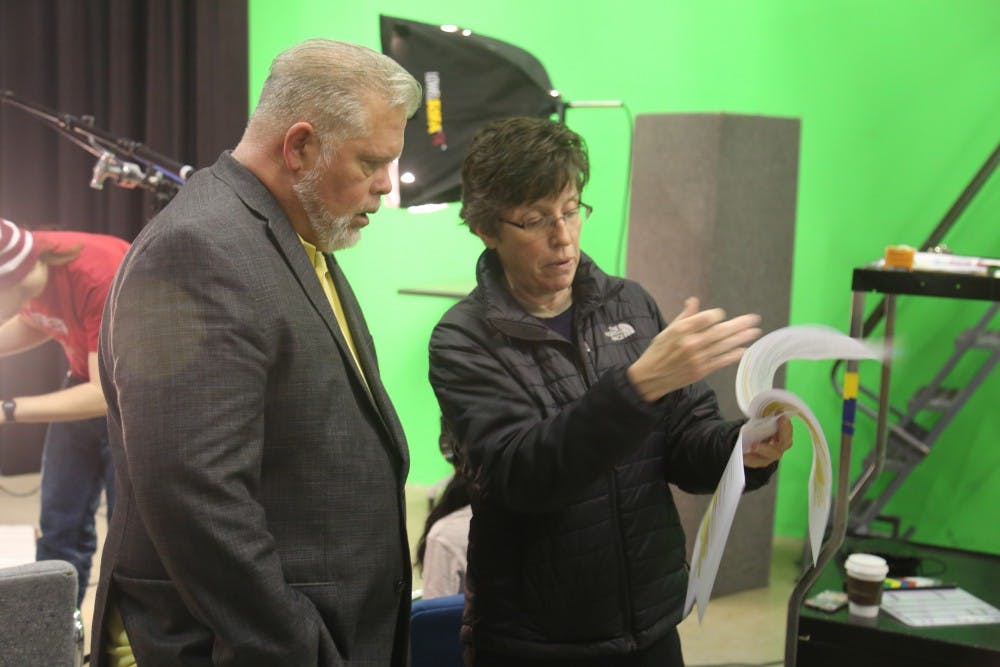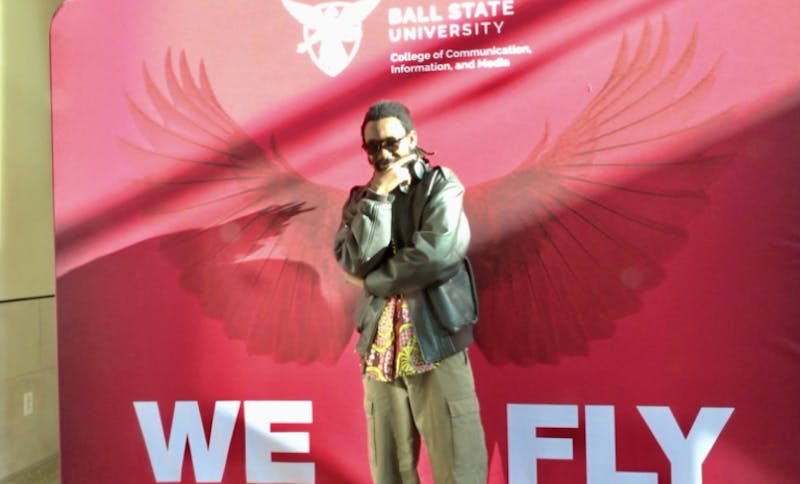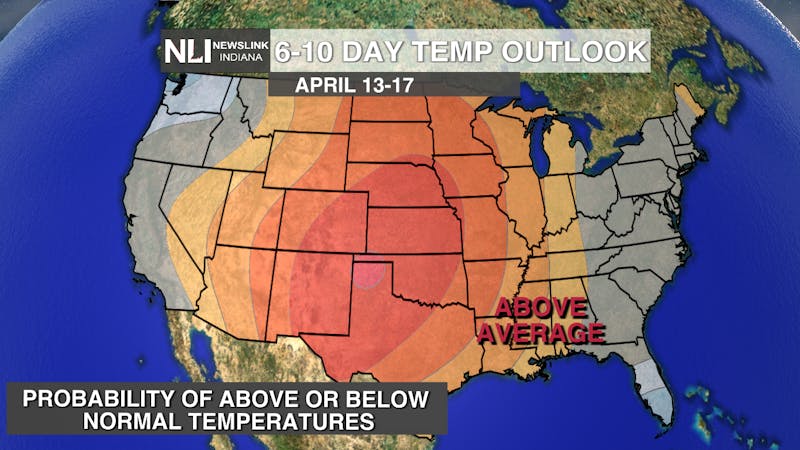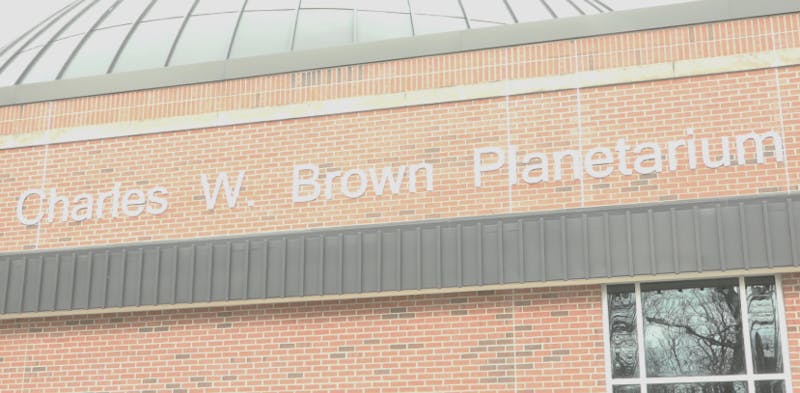A team comprised of Ball State students and a professor embarked on a project to cover the stories of a small, diverse Muslim community in Muncie.
The 11 undergraduate students from eight different majors worked with Elizabeth Agnew, associate professor of religious studies, to create the documentary “Muslims in Muncie” as part of the spring 2018 Virginia B. Ball Center seminar.
“This was about Muslims becoming Americans, Americans becoming Muslims and those who were born both as Americans and Muslims and then together forging a community,” Agnew said.
Apart from her previous work with members of the Islamic Center of Muncie, Agnew said the timing worked in favor of the project as rhetoric about Muslims “ramped up” following President Donald Trump’s announcement of candidacy along with the Paris and San Bernardino, California, attacks in 2015.
The project features interviews with 22 members of Muncie’s Muslim community from 12 countries with no voice-over narration as interviewees share their own stories. Agnew said they focused the documentary on how Muslims forged a community among themselves in Muncie.
In partnership with Reconciliation Achieved through Community Engagement (RACE), the “Muslims in Muncie” oral history and documentary film will be screened 6 p.m., April 2 at Connection Corner followed by a discussion. The documentary was released by Ball State University Libraries Thursday on YouTube and will air 10 p.m., April 11 on WIPB.
Among those interviewed was Mir Masoom Ali, distinguished professor of statistics emeritus at Ball State, who arrived in Muncie in 1969 and played a key role in the establishment of both the Muslim Student Association at Ball State and the Islamic Center.
Now 82, Ali recollects how the Islamic Center grew from a small room in the L.A. Pittenger Student Center to rented locations — first on Calvert Street in the Village followed by an apartment on Ball Avenue — before moving to its current location in 2007.
Ali said when he came to Muncie, the community had respect, admiration and curiosity for Muslims.
When the Muslim community feared going to the Islamic Center to pray after 9/11, people from churches and the neighborhood stepped up to ensure their safety, Ali said.
“I think they still have the same kind of feelings — most of the people — for the community,” Ali said.

Mir Masoom Ali, distinguished professor of statistics emeritus, is seated for his interview at his home in Carmel, Indiana for the "Muslims in Muncie" documentary. Ali began teaching at Ball State from 1969 until his retirement in 2007. Ball State University, Photo Courtesy
Another interviewee for the project was Bibi Bahrami, the current president of the Islamic Center and the first woman to hold that position.
Bahrami said while the Muncie community for the most part has always been welcoming and understanding of the Muslim community, there have been some negative reactions to their presence.
“People have been told, ‘Take your towel back to your country. What are you doing here?’” she said.
She said these messages usually come from those who are uneducated and ignorant about the history of Muslims and immigrants in general.
Bahrami said while the negativity is minimal, she has seen more resentment against the community during Trump's presidency than after the 9/11 terrorist attacks.
“That’s what bothers me,” Bahrami said. “We are all looking up to our leader. If our leader is OK with certain things then ordinary persons will obviously be OK with it.”
Bahrami said 9/11 was “a wake-up call” not just for Americans but Muslims as well “to reach out to the community and educate the community about who we are.”
With regards to improving outreach in Muncie and the Ball State community, she said the onus falls on both the Islamic Center and the university.
“Ball State has been a great connection and supporter to our community,” Bahrami said. “I think it could be done more.”

Bibi Bahrami, president of the Islamic Center of Muncie receives Ball State's 2019 Community Partner of the Year award from President Geoffrey Mearns. Bahrami, the first female president of the center, said the reason she accepted the nomination to become president was to set a precedent for Muslim women in the community interested in leadership position at the center. Ball State University, Photo Courtesy
Also interviewed for the project was Richard McKinney, former president of the Islamic Center, who said he once held a “deep-seated hatred” for Islam, even wanting to “blow up the center.”
McKinney’s decision to visit the center one day came with a different intention — to learn more about Islam.
“The best advice I can give any non-Muslim to learn about Islam was the advice that was given to me,” McKinney said. “They handed me a Quran and said ‘Read it. Come back when you have questions.’”
He followed the advice, and eight weeks after that day he converted to Islam. Two years later, he became president of Ball State’s Muslim Student Association and president of the Islamic Center the following year.
During his presidency, McKinney said his only objective was to bring the Muslim community in Muncie “out of the shadows.”
McKinney said he believes America is “the best place for a Muslim” because a “Muslim can be a Muslim” and live by the teachings of the Quran in a country that is relatively better when it comes to politics, human rights and freedom.
While the documentary is not about Islam itself, it aims to help viewers gain an understanding by hearing the stories of Muslim individuals in the community, Agnew said.
“This is not a film that’s trying to tell people about Islam,” she said. “It’s about individual Muslims; it’s about their lives, their perceptions.”
Contact Rohith Rao with comments at rprao@bsu.edu or on Twitter @RaoReports.





The Daily News welcomes thoughtful discussion on all of our stories, but please keep comments civil and on-topic. Read our full guidelines here.